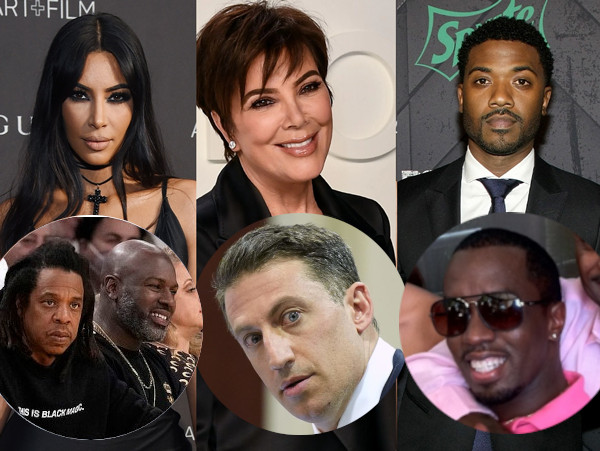Both the credibility of the police minister and the stability of Ramaphosa's coalition government are under intense scrutiny following these developments.
In a critical step to address the mounting political turmoil within his coalition government, South African President Cyril Ramaphosa revealed on Sunday that he has suspended Police Minister Senzo Mchunu and established a commission to probe allegations regarding the minister’s protection of individuals linked to organized crime. This intervention arises after incendiary claims made by Lt. Gen. Nhlanhla Mkhwanazi, KwaZulu-Natal’s top police officer, accusing Mchunu of dismantling investigative units focusing on political murders to assist politically connected criminals.
The allegations suggest that some politicians, prosecutors, and members of law enforcement may have ties to a criminal syndicate alleged to be behind significant violent crimes, including high-profile assassinations. As Mchunu, a close supporter of Ramaphosa, vehemently denies the accusations, the President feels the pressure of a fragile coalition government beginning to fracture.
In his announcement, Ramaphosa emphasized the administration's dedication to the rule of law, accountability, and ensuring public safety, indicating that the commission will thoroughly investigate whether criminal syndicates have infiltrated South Africa's justice system. The inquiry will also scrutinize whether senior officials in justice and law enforcement have colluded with or benefitted from criminal activities.
This latest crisis poses the most formidable challenge yet to Ramaphosa's leadership, as discontent simmers within the Democratic Alliance—the coalition’s second-largest party. The political landscape of South Africa is evolving rapidly, raising questions about the government's ability to maintain stability amid growing distrust and dissent.
In a critical step to address the mounting political turmoil within his coalition government, South African President Cyril Ramaphosa revealed on Sunday that he has suspended Police Minister Senzo Mchunu and established a commission to probe allegations regarding the minister’s protection of individuals linked to organized crime. This intervention arises after incendiary claims made by Lt. Gen. Nhlanhla Mkhwanazi, KwaZulu-Natal’s top police officer, accusing Mchunu of dismantling investigative units focusing on political murders to assist politically connected criminals.
The allegations suggest that some politicians, prosecutors, and members of law enforcement may have ties to a criminal syndicate alleged to be behind significant violent crimes, including high-profile assassinations. As Mchunu, a close supporter of Ramaphosa, vehemently denies the accusations, the President feels the pressure of a fragile coalition government beginning to fracture.
In his announcement, Ramaphosa emphasized the administration's dedication to the rule of law, accountability, and ensuring public safety, indicating that the commission will thoroughly investigate whether criminal syndicates have infiltrated South Africa's justice system. The inquiry will also scrutinize whether senior officials in justice and law enforcement have colluded with or benefitted from criminal activities.
This latest crisis poses the most formidable challenge yet to Ramaphosa's leadership, as discontent simmers within the Democratic Alliance—the coalition’s second-largest party. The political landscape of South Africa is evolving rapidly, raising questions about the government's ability to maintain stability amid growing distrust and dissent.




















